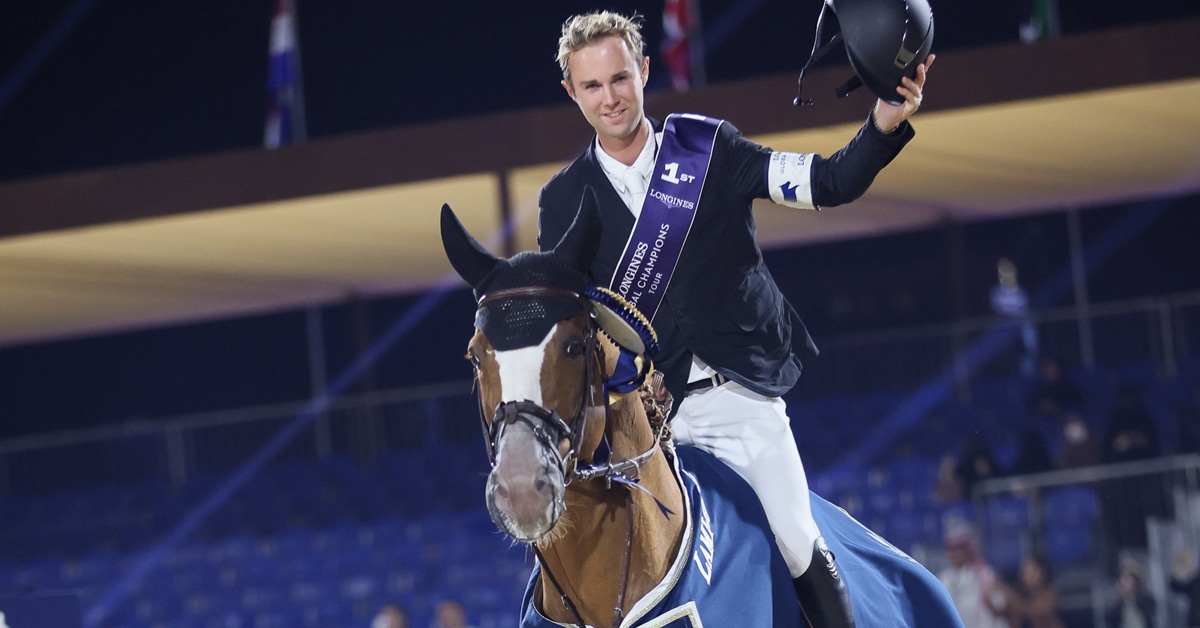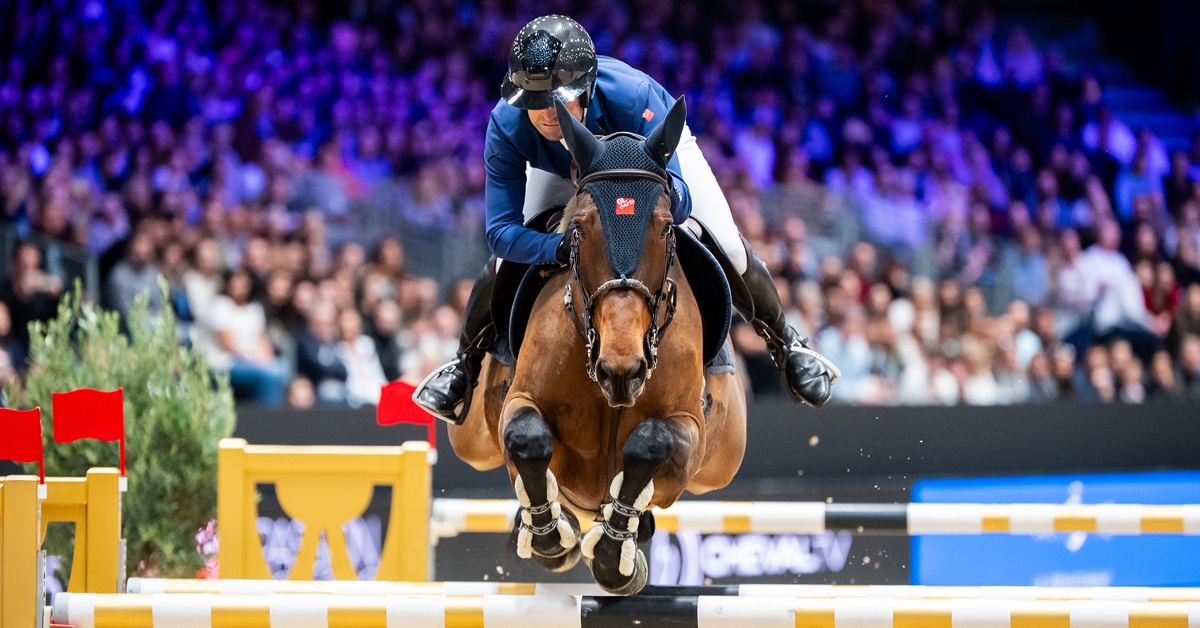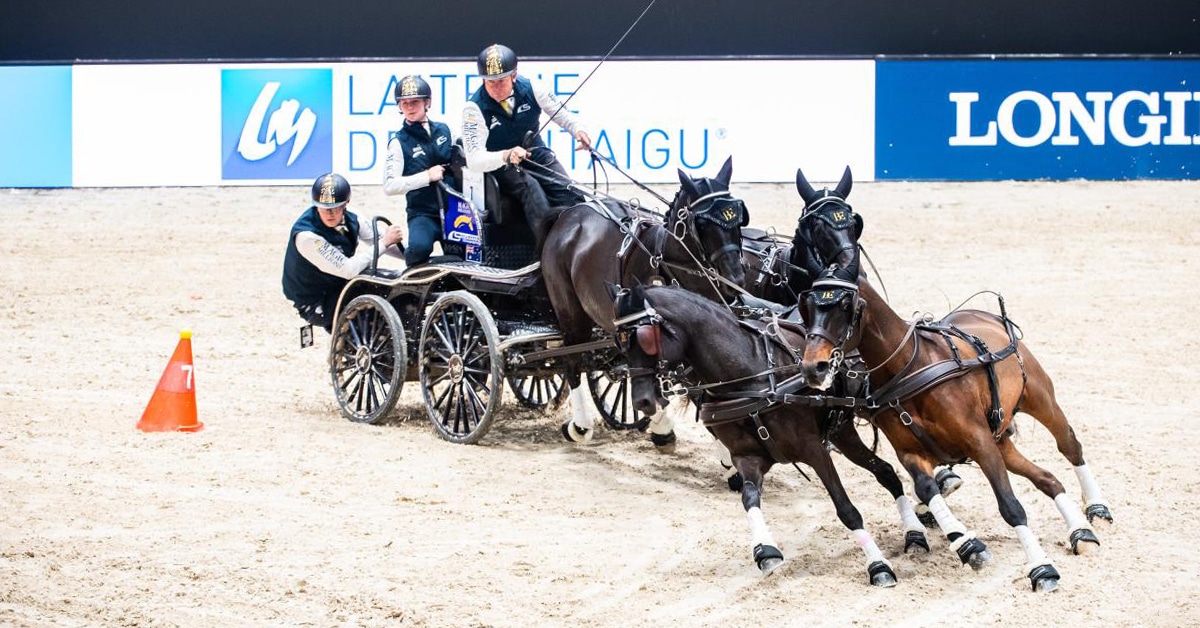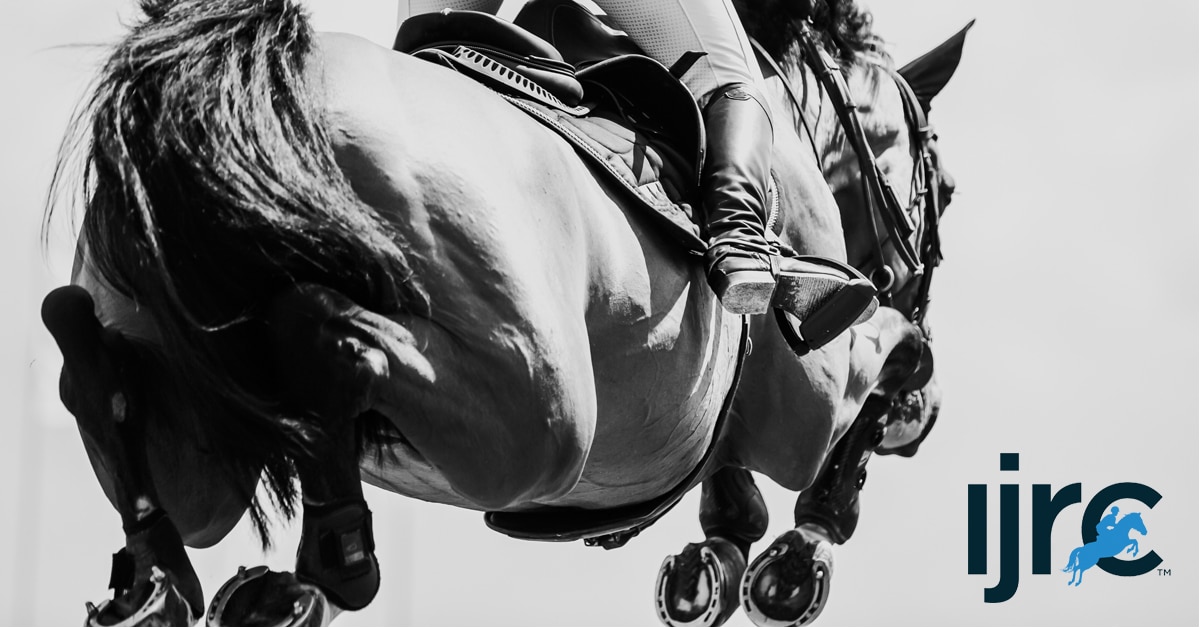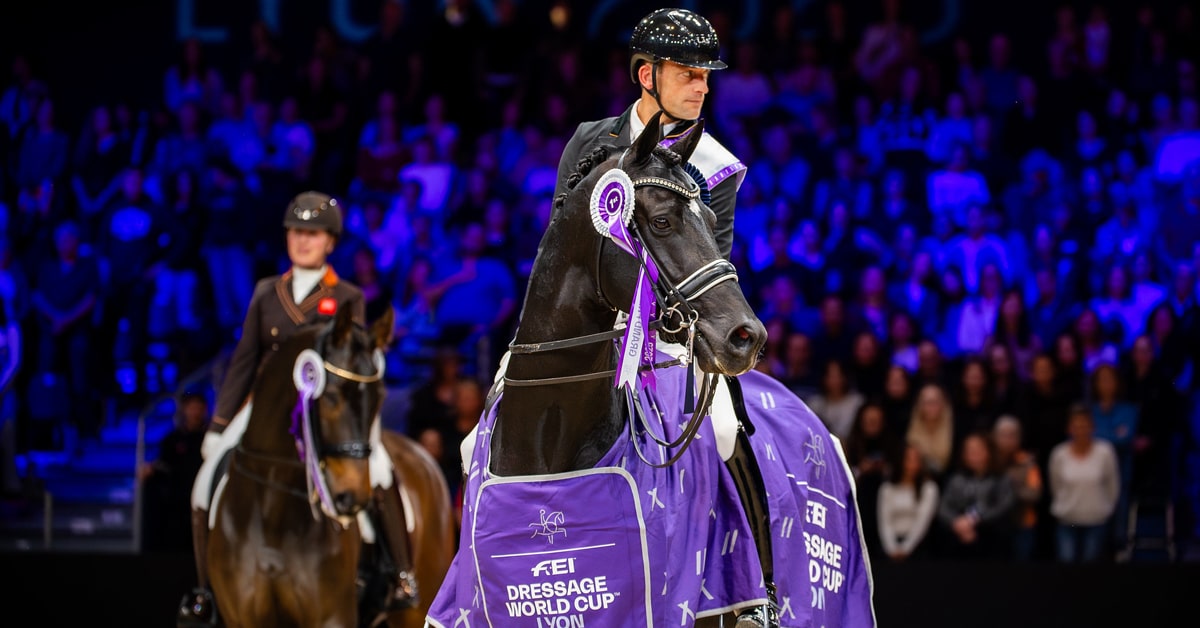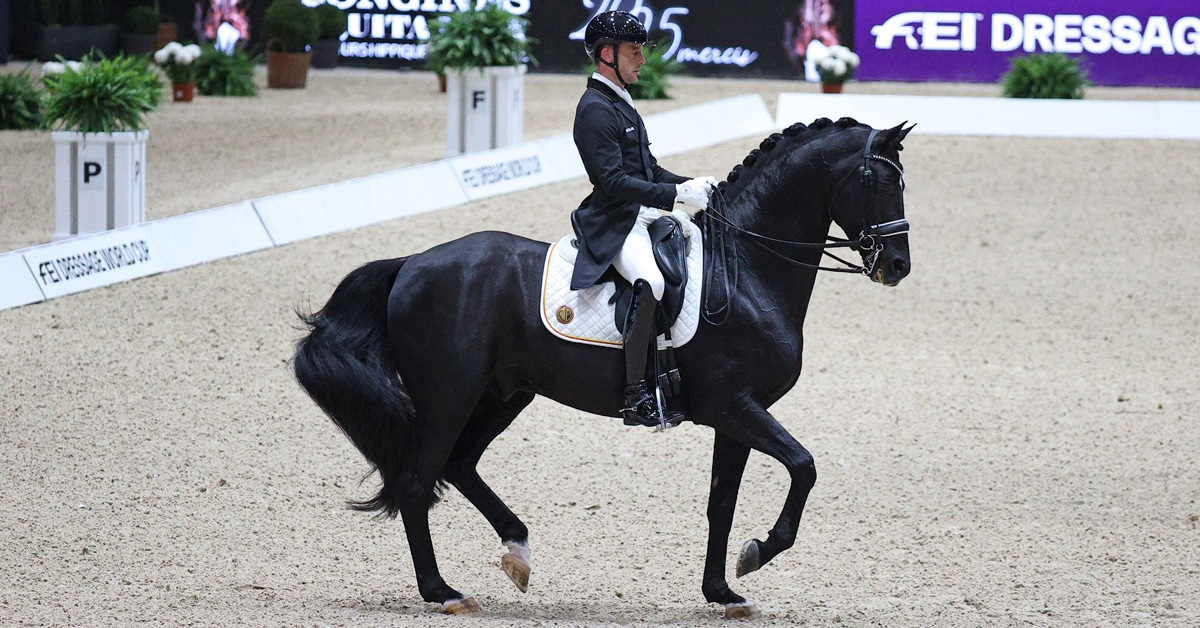In October, it was announced that the Government of Alberta would shift its veterinary school funding from Saskatchewan’s Western College of Veterinary Medicine (WCVM), to the University of Calgary Faculty of Veterinary Medicine (UCVM).
“The University of Calgary’s veterinary program has grown into a world-renowned institution, and with this new funding we will now have the capacity to train all of our students right here in Alberta,” Advanced Education Minister Marlin Schmidt said in announcing the news on October 12th. “The partnership with the other provinces worked for many years, but by focusing our support on one Alberta-based program, we will achieve provincial cost savings and increase access. This will make life better for students, families, and communities.”
Since 1963, Alberta has provided funding for veterinary students from that province to attend the WCVM, which is where most applied until the UCVM was established in 2005, with the first class graduating in 2012.
Currently, the WCVM receives $8 million from the Alberta government annually, supporting 20 new veterinary student seats each year. The school also receives funding from British Columbia (20 seats), Saskatchewan (20 seats) and Manitoba (15 seats). Two more seats are allocated for Indigenous students through the WCVM’s education equity program, and one seat is for a student from the northern territories.
Schmidt explained that, as of 2020, the Alberta government will no longer fund any new veterinary student seats at WCVM. Instead, the UCVM will receive $4.7 million in funding to add 20 new students each year to increase the number of seats from 30 to 50 up to a maximum capacity of 200 students by 2023. Currently, there are approximately 120 veterinary students enrolled at UCVM on an annual basis.
Funding will continue for those students currently enrolled at WCVM through 2023. And, said Schmidt, Alberta taxpayers will see a cost savings of more than $3-million per year.
The UCVM Dean Dr. Baljit Singh said the $4.7 million will cover the cost of hiring faculty and support staff to teach 50 students per year – an estimated 12-17 jobs. He noted that further funding will be announced by the province in the coming weeks, which will support infrastructure developments.
“During our first 10 years, was the time to focus on creating outstanding programs. Now is the time to expand,” said Dr. Singh. “We are currently conducting a review of our curriculum that should be complete in 2018.” The results of these consultations will help determine which programs, equipment and faculty are required moving forward.
Dr. Singh added that not only will the funding offer more students from Alberta the chance to study in their home province, but the school will now be afforded more opportunities to engage with the community and foster healthier animals, through outreach and education programs.
The WCVM Dean Dr. Douglas Freeman was quoted in a news release from the college as saying: “Alberta’s decision to withdraw its financial support from the WCVM – more than $8 million per year – will certainly have an impact on the WCVM’s programs and services.
“However, one province’s decision doesn’t erase all that we have built and accomplished together in the past five decades. The WCVM will continue to be Western Canada’s veterinary college, providing quality veterinary education, research and clinical expertise to the region. We will not let the loss of support from one partner jeopardize our college’s value to all western Canadians.
“We have worked very hard to consistently deliver a valuable package of programs and services to all of the western provinces. The WCVM is recognized worldwide for the quality of its education, and based on their scores in the international licensing exam that all veterinary graduates must pass before practising, our WCVM students are among the top 22 per cent of graduates worldwide.
“We will be working on funding models for the college while we continue to build our programs based on our longstanding partnerships.”
More News
